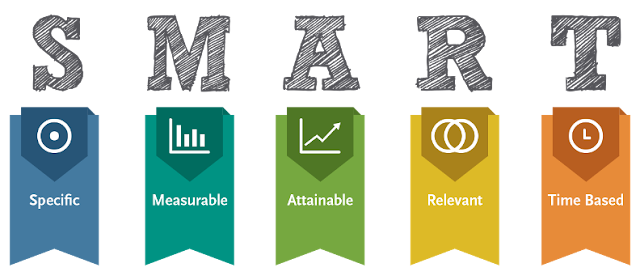Coaching is a great skill to have. However, it is not easy to start with nor to master it. You can develop your style by learning it, practicing, listening to the feedback and learning from your mistakes. It is yours if you want to develop, how to, and to what extent.
If you are one of those people looking to improve your coaching techniques, I want to introduce you to a set of questions I use for coaching on goals. I am specifically not calling it coaching for performance. The reason being, as a coach going into a coaching conversation, you don’t know what the coachee brings up.
These are the 6 questions for coaching for goals:
- What crossroads are you at? (Small Talk)
- What topic would you like to talk about? (About what?)
- What’s the goal (that you want to set)? (About what?)
- What are you at now? (It’s About Them)
- What does it take from you to achieve your goal? (It’s About Them)
- What are your options? (What’s Next)
- What are the next steps? (What’s Next)
- What will you do (& by when)? (Reflection)
The advantages of these questions:
Focus on the Goal & Focus Fast
- If you don’t have much time, this is a very easy way to focus on the outcome of the session. Not all of us have an hour to spend in a coaching conversation. Using the GOAL question, you easily focus on the person’s goal. However, you need to always to keep in mind that the first thing the coachee is answered is not the ultimate thing they want to bring up. You might come back to this question again and again after discovering underlying layers of the answer.
- This question also equals to asking the question “What do you want?” or “What more do you want?”. It helps the focus to be changed from the situation to the person. As a coach, your role will be to ask more questions to make the shift in focus happens.
- I’d like to make sure we are focusing on a goal that is inspirational, challenging or positive at least.
- I’d also like to keep the coachee honest for their goal on being a SMART goal.
- Keep in mind different levels of Goal too. Depending on the engagement, you might be able to peel into different layers of the goal.
- Dream Goal:
- This is where you, as a coach, focus on the bigger picture. To look at all that is happening for that person at the same time from a bigger lens.
- Targets:
- This is where you help the coachee to focus on the achievable. What is needed to get to the Dream goal? This step makes the Dream goal more realistic.
- SMART Goals:
- This is where you help the coachee to come up with SMART goals.
- Try not only to focus on the facts and the situation but on the feelings and emotions too. A very powerful way to help a coachee is to ask them about their feelings at the moment.
- A rookie coach might be fearful to ask that question and get there, as it is opening new territories for the coachee.
- This is again to get the coachee back on track of focusing on them, rather than the situation
- These two questions are very dependent on the situation of the coachee and the relation with the coachee. An option might be to find help, and the next step might be to find that person. In another situation, it might be all detailed out by the coachee and clear to them what’s needed to happen next.
- Active Listening:
- As a coach, you want to listen and actively listen! You need to pay attention to all the coachee is saying, revert back from any judgments or providing any solutions, try to be in their space with them.
- Curiosity:
- Be curious about the situation and themselves. Be genuinely curious, do not try to lead them by asking questions. Do not try to give them some similar situations that you had or heard about from your other clients.
- Powerful Questions
- Try to ask powerful questions. Powerful questions are questions that open up the person, help them look beyond the current layer of reality and discover what’s more important to them. A yes/no question is usually considered not a powerful question.

